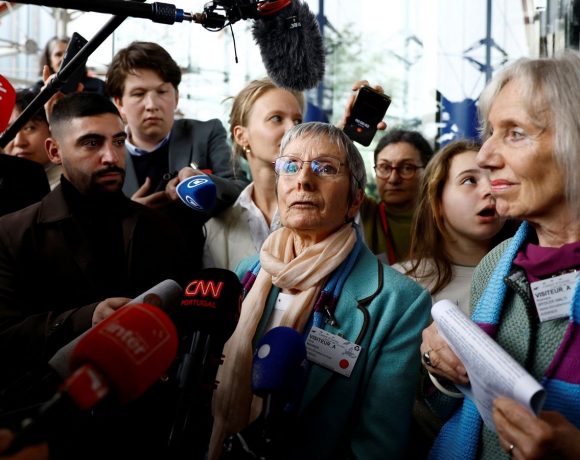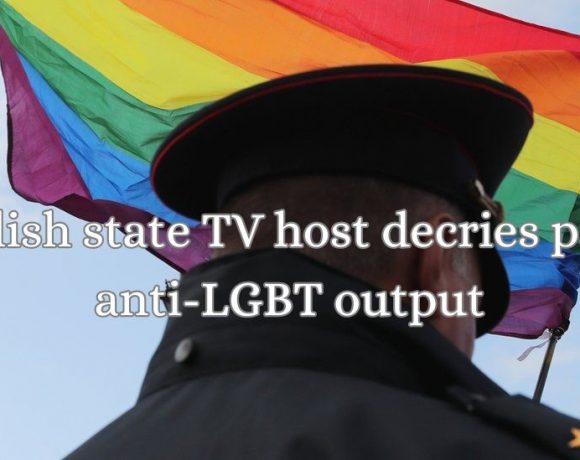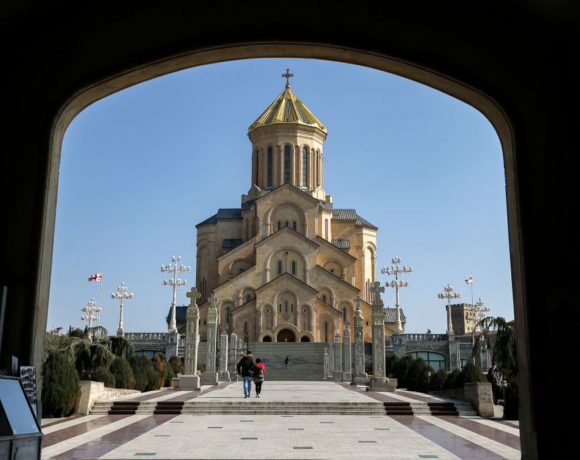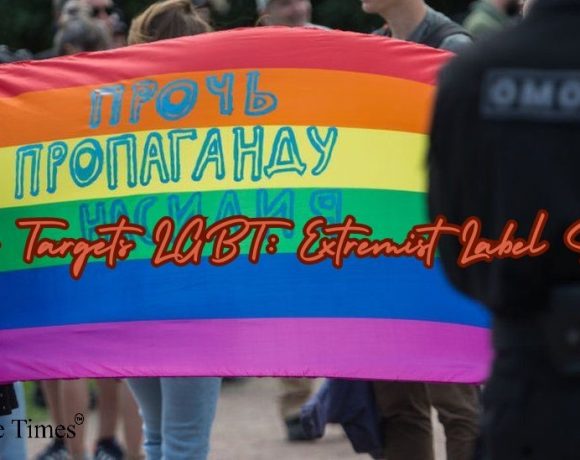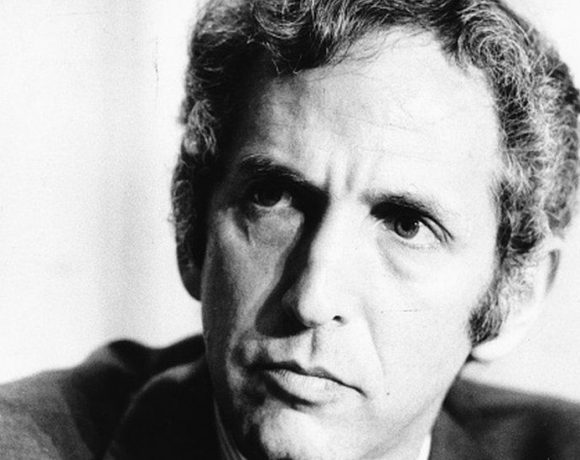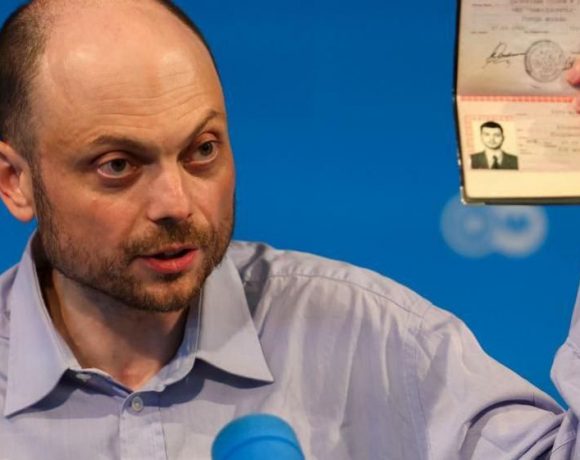
Two Russian dissidents, Vladimir Kara-Murza and Ilya Yashin, recently released in a prisoner swap, stated they refused to sign a petition for mercy directed to Russian President Vladimir Putin, as requested by prison officials. At a news conference in Germany, both men emphasized their innocence and made it clear they did not consent to their removal from Russia, vowing to return one day.
Kara-Murza noted that the exchange saved “16 human lives” and expressed his belief that he might die in prison. He also mentioned that many Russians oppose Putin’s war in Ukraine. The swap involved 24 individuals held in various countries, including US journalist Evan Gerschkovich and former Marine Paul Whelan. Among the Russians released by the West was convicted assassin Vadim Krasikov, who was serving a life sentence in Germany for murdering a Chechen dissident.
Kara-Murza and Yashin, along with another dissident, Andrei Pivovarov, pledged to continue their work for a “free” Russia and for those still imprisoned. Yashin expressed mixed feelings about the swap, acknowledging gratitude for his freedom but stating his desire to return to Russia. He noted that an exiled opposition is easier for Putin to manage, as their voices carry more weight when they are imprisoned.
Yashin also pointed out the ethical dilemma faced by the German government in releasing Krasikov, while acknowledging that his return to Russia might complicate the negotiation of future exchanges for political prisoners. Russian rights group Memorial reports that hundreds of political prisoners are currently detained. Kara-Murza referred to the exchange as a “drop in the ocean,” given the number of innocent people suffering in harsh conditions.
Kara-Murza, a dual Russian-British citizen, shared his experience of being in solitary confinement for over ten months, fearing he would never see his family again. He recounted how surreal it felt to finally be released and expressed determination to return to Russia one day. Another dissident, Sasha Skochilenko, also expressed relief and joy at her release, eager to reunite with her loved ones.
The group paid tribute to Alexei Navalny, a prominent critic of Putin who died in prison, asserting that his death is a crime for which Putin is directly responsible. Kara-Murza emphasized the distinction between Russia and Putin’s regime, stating his commitment to advocating for a better future for his country, one that is modern and democratic.
Picture Courtesy: Google/images are subject to copyright


